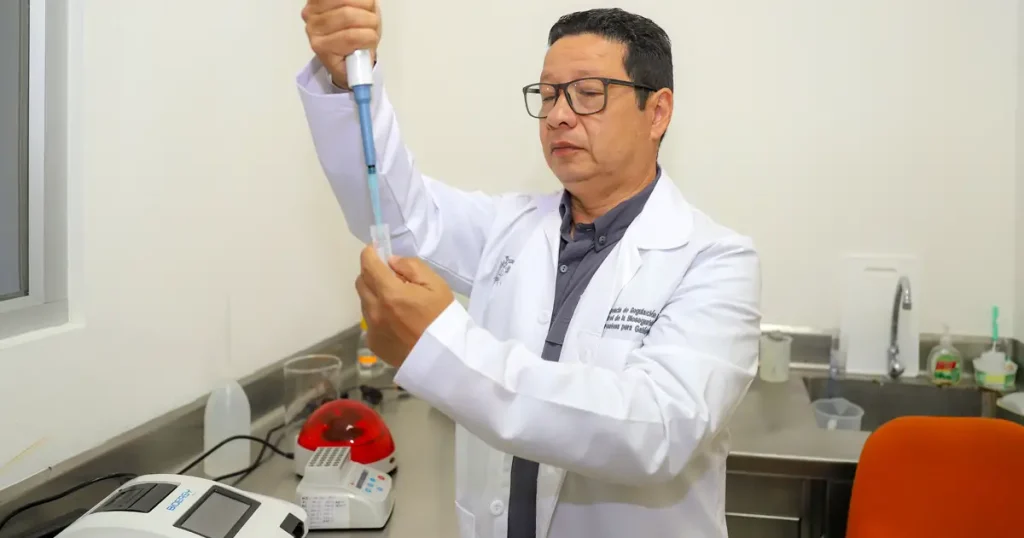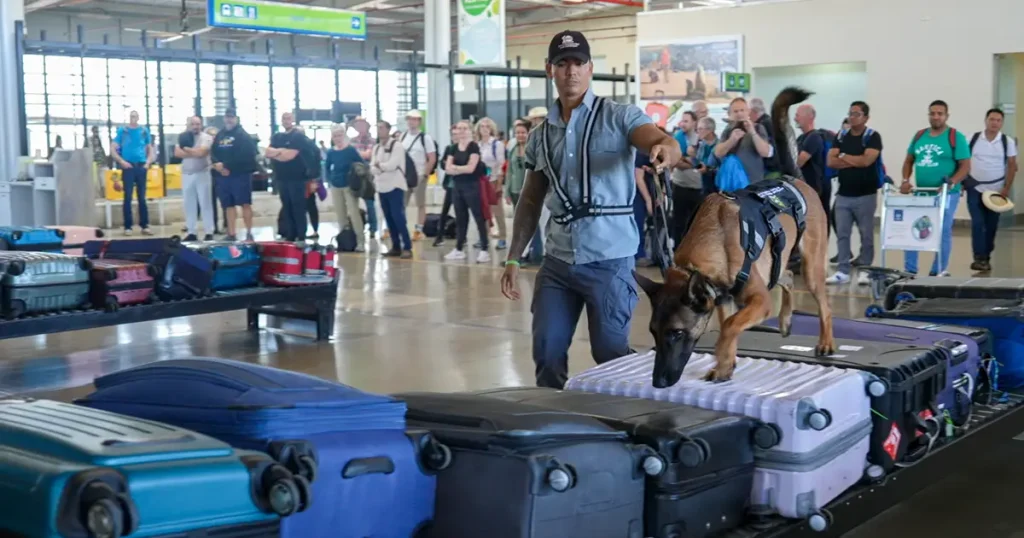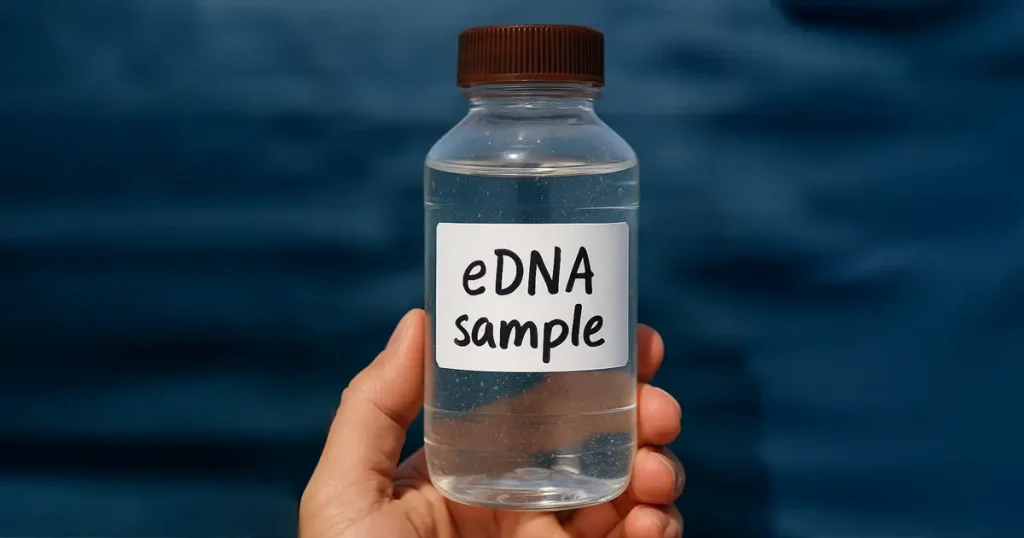Environmental Education for Galapagueño children
//Versión en Español abajo.//
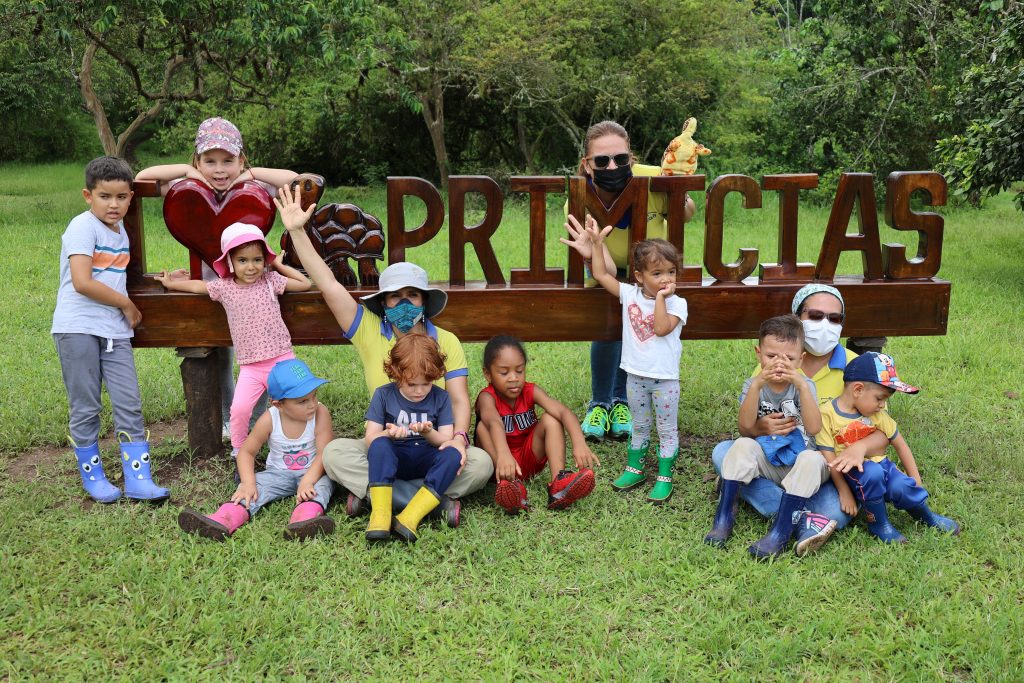
From our Education for Sustainability program to our Women in Sustainable Entrepreneurship (WISE) grants, Galápagos Conservancy is proud to support local initiatives that promote teaching and learning, especially about conservation.
Jenny Macías, educator and recipient of a Galápagos Conservancy Conservation Action Grant, is an entrepreneurial woman who resides on Santa Cruz Island and leads the Pasitos de Gigantes (Little Steps, Giant Strides) project. Through experiential learning — including field trips to the highlands, conversations with naturist guides, educational games, and visits to sites where they can see diverse species like the giant tortoises in the wild — Jenny teaches children between the ages of three to five to take care of the wonderful place where they live, the Galápagos Islands. This project is tailored to children that may be small in age, but giant in the impact they can make for Galápagos.
Macías said that caring for our islands is not only the responsibility of educators and authorities, “It is everyone’s responsibility and vital to give environmental education to the youngest children. It is that seed we give to these small and big giants that can make changes and have an impact on themselves, their parents and grandparents, to take care of the paradise that surrounds us.”
Environmental education is essential to building awareness of the need to care for our planet. According to UNESCO, the objectives of environmental education for children are to:
- Raise their awareness and sensitize them to environmental problems;
- Encourage their interest in caring for and improving the environment;
- Develop in them the ability to learn about the environment around them.
Galápagos Conservancy is convinced that environmental education programs like Pasitos de Gigantes are vital in connecting youth with the natural world around us. Environmental education can make all of us more aware of the problems that affect the natural resources on which we all depend, as well as the actions we can take to improve and maintain ecosystems.
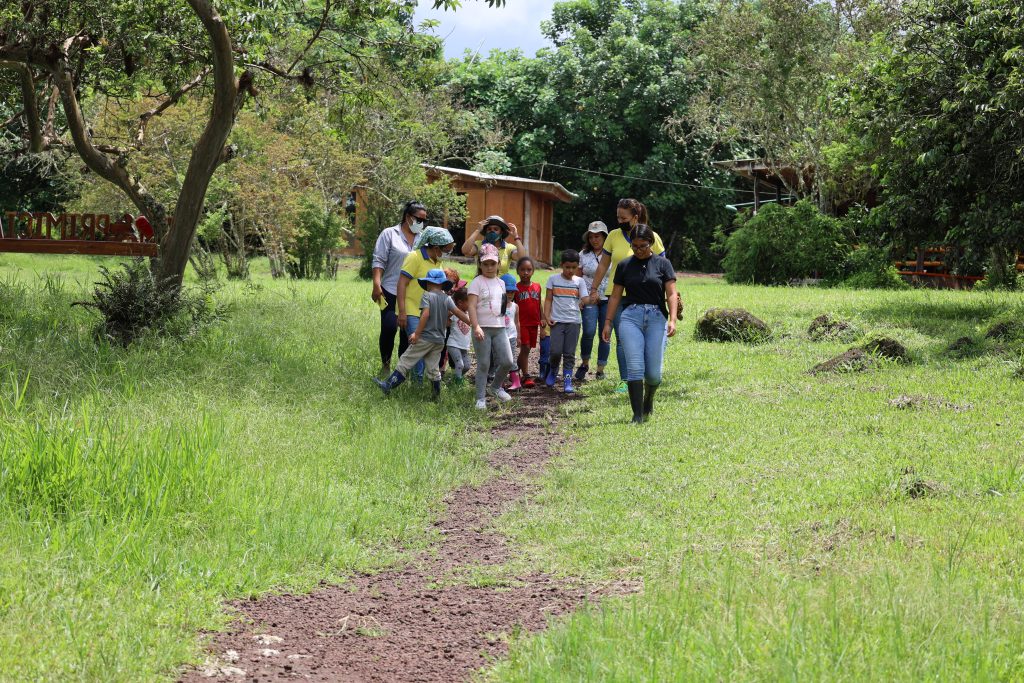
Educación ambiental para niños galapagueños
Los expertos en educación afirman que los niños absorben como “esponjas” todos los conocimientos que requieren y la información a la que se ven expuestos. Por ello, Galápagos Conservancy se enorgullece de apoyar iniciativas locales que fomenten el aprendizaje de prácticas amigables con el ambiente.
La educadora Jenny Macías, beneficiaria de las subvenciones para acciones de conservación de Galápagos Conservancy, es una mujer emprendedora que reside en la isla Santa Cruz y lidera el proyecto Pasitos de Gigantes. A través de experiencias vivenciales enseña a niños de tres a cinco años a cuidar del maravilloso lugar donde viven, las islas Galápagos.
Macías dijo que cuidar nuestras islas no solo es responsabilidad de los educadores y las autoridades, “es responsabilidad de todos y es muy importante que la educación ambiental sea impartida también a los más pequeños. Es esa semilla que les damos a esos pequeños y grandes gigantes que puede hacer cambios y repercutir en ellos mismos, pero también en sus padres y en sus abuelos, para cuidar el paraíso que nos rodea,” destacó.
La educación ambiental es indispensable para tomar conciencia de la necesidad de cuidar del medio ambiente. Según la UNESCO, los objetivos de la educación ambiental para niños son:
- Concienciarlos y sensibilizarlos ante los problemas medioambientales;
- Fomentar su interés por el cuidado y mejora del entorno;
- Desarrollar en ellos la capacidad para aprender acerca del medio que les rodea.
Estamos convencidos que las acciones de la vida cotidiana que hacemos sin darnos cuenta pueden incidir en el planeta: reciclar, prolongar la vida de los objetos, ser cuidadosos al consumir agua. Todo lo que hagamos hoy afecta sin duda a las presentes y futuras generaciones.

